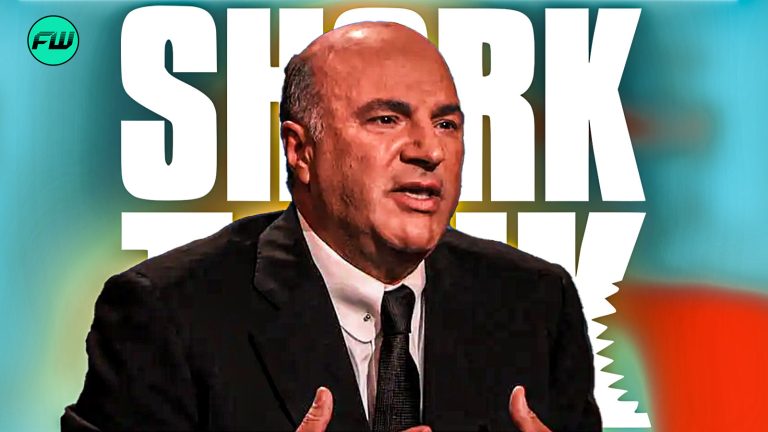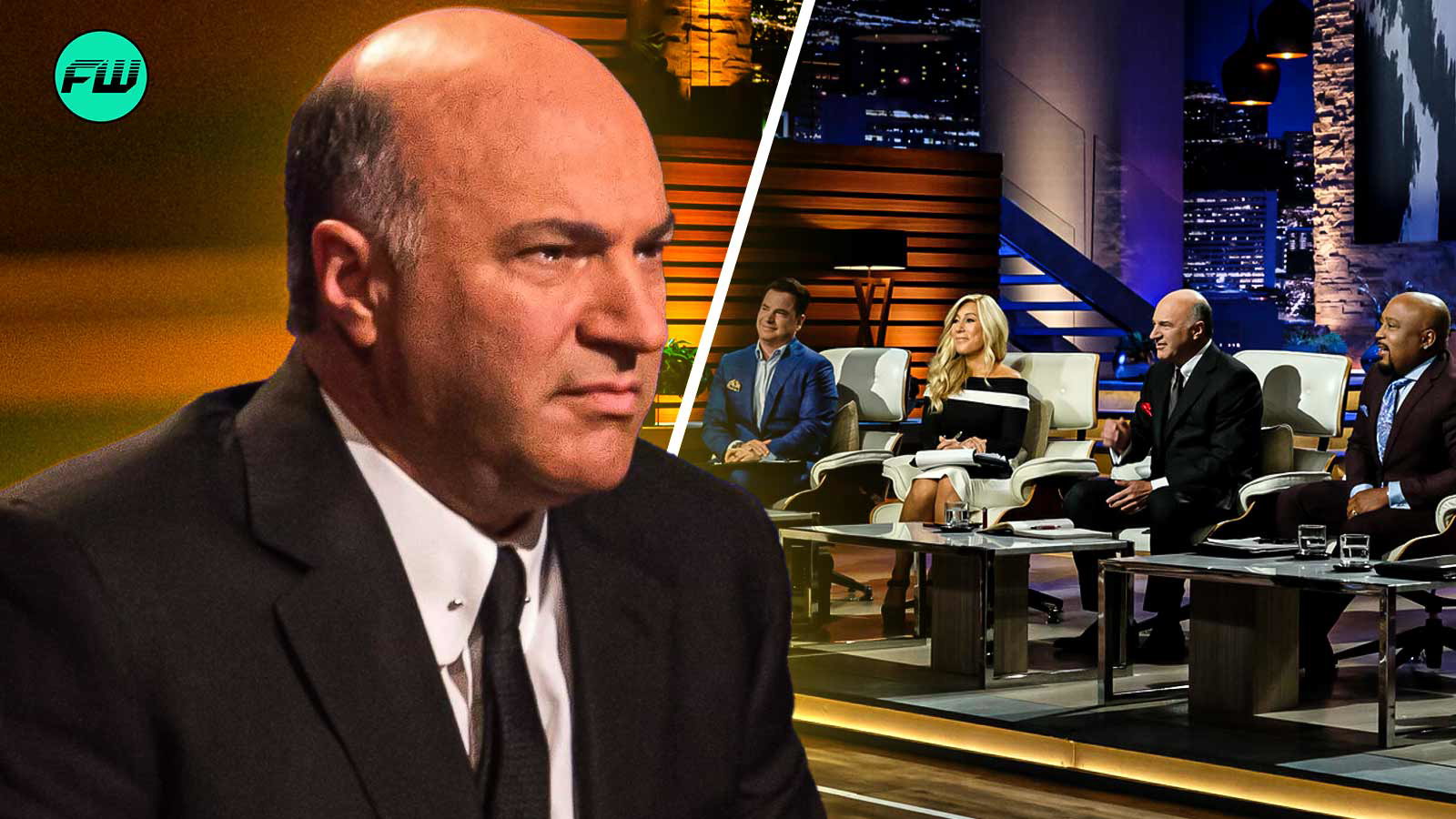
Shark Tank is all about the money. But while most Sharks at least pretend they’re in it to boost entrepreneurship and help the economy, one of them didn’t even bother sugarcoating it. This Shark straight-up admitted they joined the show just to fatten their own wallet. Not Kevin O’Leary (for once) — but someone just as cutthroat.
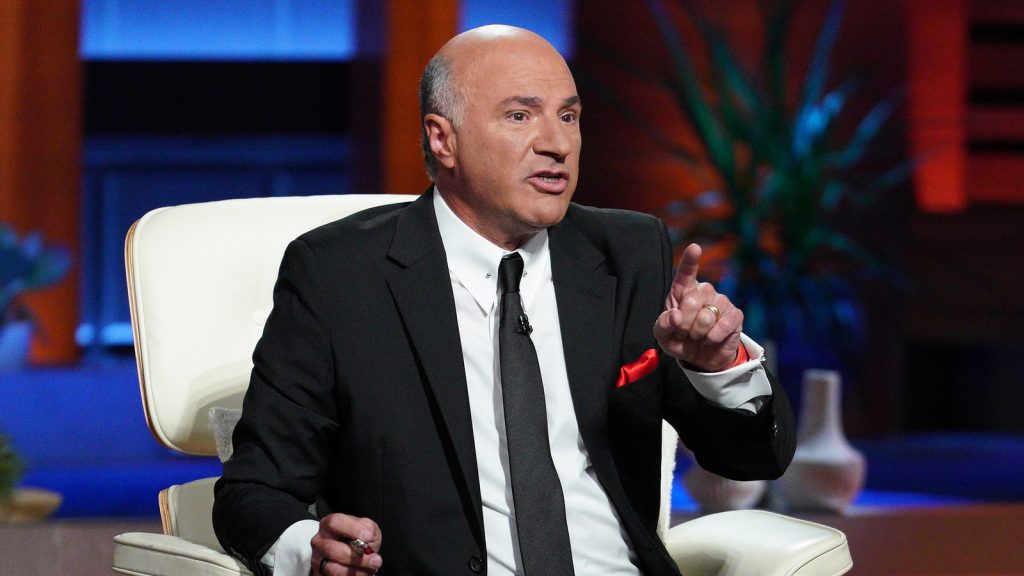
While other investors love talking about changing lives and believing in dreams, this one had a different mindset: profit first, everything else second.
Daymond John’s real reason for diving into the tank: Chasing profits, not saving the economy
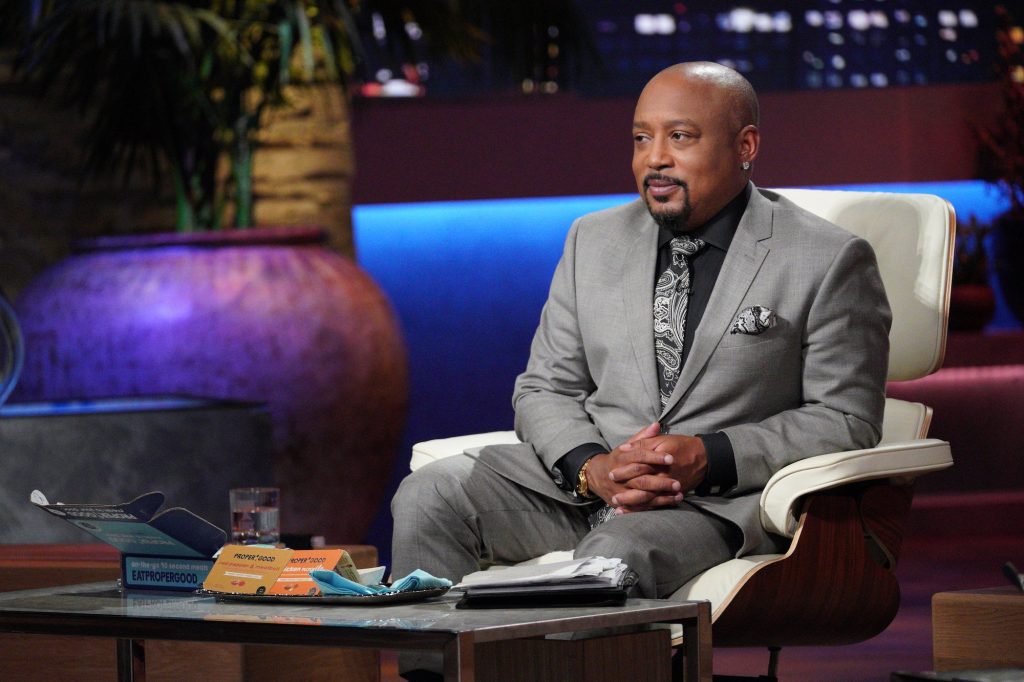
When Shark Tank hit U.S. screens in 2009, it wasn’t exactly the best time for business dreams. The global economy had just tanked, Lehman Brothers collapsed, and banks weren’t lending a dime. But for FUBU founder Daymond John, the timing was perfect, he was straight-up chasing profit, not economic salvation. He said (via NY Times),
It’s ’08, nobody’s buying more clothes and they can’t pay their rent or mortgage…I went on the show to diversify my portfolio.
The show, adapted from Japan’s Tigers of Money, was built for underdogs with big ideas. Early pitches were humble. Deals were small, but hope was high.
By Season 3, optimism was back in style. The tech boom had people dreaming big, and Shark Tank wanted in on the action. Gone were the local mom-and-pop pitches; in came apps, cloud-based startups, and Silicon Valley swagger. By 2014, the average business valuation skyrocketed from $376,000 to $2.4 million.
Yet, the Sharks didn’t always sniff out winners. Case in point: Jamie Siminoff’s DoorBot. The Sharks passed, except Kevin O’Leary, who offered a deal Siminoff turned down. Big mistake for the Sharks. DoorBot became Ring, and Amazon later snagged it for over $1 billion.
Siminoff, who returned as a guest Shark in 2018, credited the show for his success:
I didn’t get money, but I got awareness and credibility, which was amazing. I think if it wasn’t for ‘Shark Tank,’ I don’t think Ring would exist today.
At its core, Shark Tank sold a very American dream: anyone could strike it rich. Just ask the Sharks – they weren’t there to save the economy; they were there to get even richer.
Kevin O’Leary gets real on cheap oil, Delta crash miracle, and government cuts
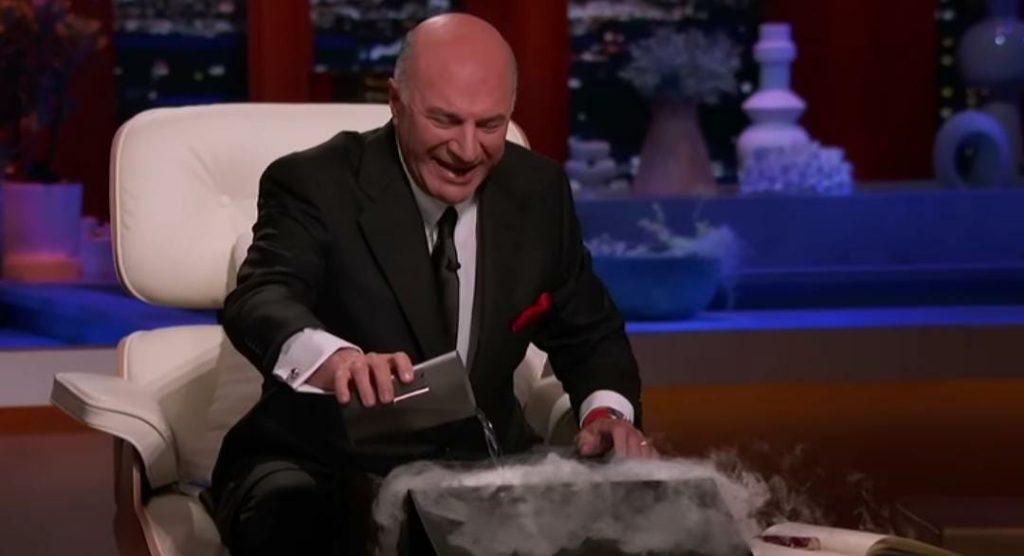
Kevin O’Leary isn’t holding back – he dropped some serious heat on Instagram, calling Canadian oil imports a straight-up steal – $13 a barrel cheaper and making up 70% of the imports. Shoutout to Alberta Premier Danielle Smith for cutting that U.S. tariff from 25% to 10% after some back-and-forth with Trump.
Then, O’Leary switched lanes to the Delta crash in Toronto. The footage was terrifying. While the outcome was a miracle. He alluded, giving props to the plane’s design for saving lives after a fiery flip on the runway:
Those people getting out like is fantastic. It’s incredible and rare. Great construction.
And if that wasn’t enough, O’Leary took a jab at bloated government spending: Cut 20% more than your initial reading. From oil deals to aviation miracles, Mr. Wonderful’s keeping it real, and people are listening.
Watch Shark Tank on Hulu & Apple TV.
This post belongs to FandomWire and first appeared on FandomWire
